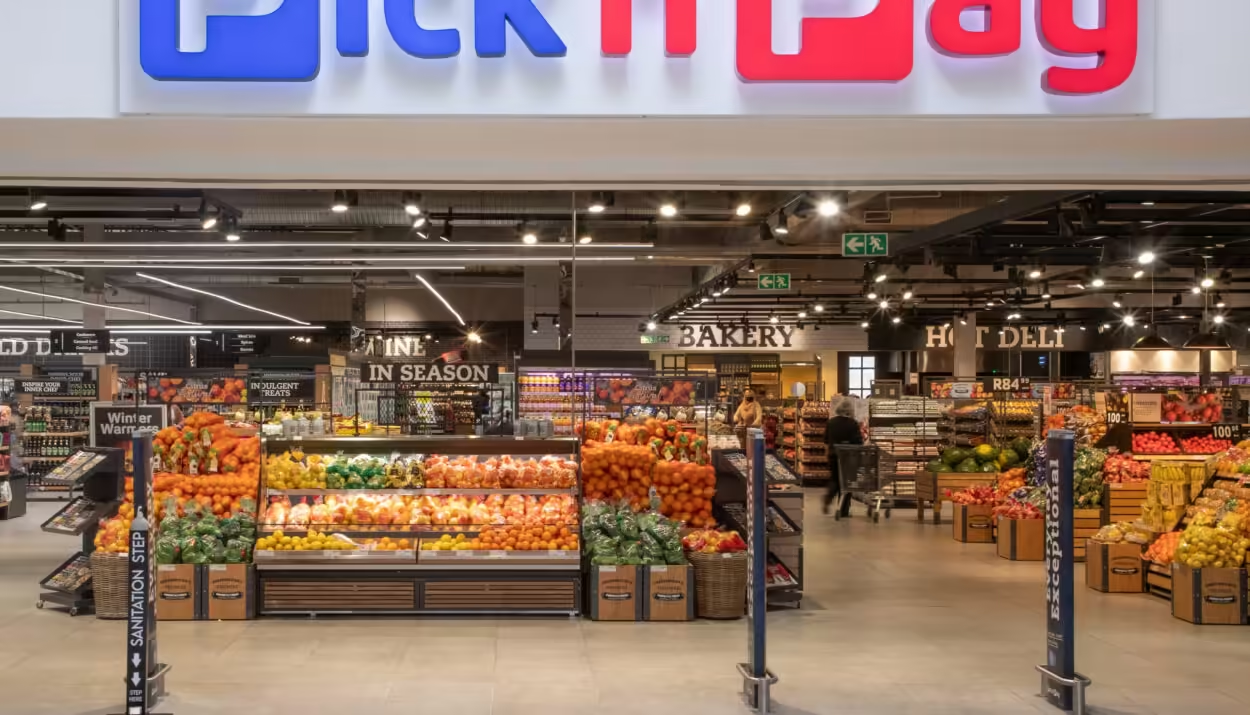Zimbabwe’s retail giants retailers are on the brink of collapse due to a government-imposed exchange rate policy that has created a pricing crisis. Major retail chains, including OK Zimbabwe, Pick n Pay, SPAR, and Edgars, have warned that unless the government intervenes, their businesses could close, leading to significant economic consequences.
In 2023, for instance, Pick n Pay reported a 55.8% drop in earnings from its Zimbabwean operations due to inflation and exchange losses. Since then, the situation has only worsened, threatening the viability of these retailers in the Southern African nation.
The Retailers Association of Zimbabwe (RAZ), representing these major retailers has expressed concern over the overvalued official exchange rate, which formal retailers are compelled to use. This has made their products significantly more expensive compared to those in informal, unregulated tuckshops, where traders can take advantage of street exchange rates.
In a letter to the government, RAZ warned of imminent closures if swift action is not taken, stating, “The situation is clearly untenable and will lead to company closures if authorities do not intervene with policy measures to protect the formal retail sector.”
The formal retail industry employs nearly 20,000 people and is a major contributor to Zimbabwe’s economy, generating revenue through taxes such as Pay As You Earn (PAYE), Value Added Tax (VAT), and corporate tax.
The crux of the issue lies in the exchange rate disparity. While the official exchange rate binds formal retailers, suppliers are operating with street rates.
Consequently, supermarkets have been forced to raise their prices considerably to avoid losses and keep their shelves stocked. However, this has driven inflation in USD terms, with consumers having no choice but to turn to informal markets for cheaper alternatives, further undermining the formal retail sector.
What Zimbabwe’s retailers want done
To address the crisis, RAZ made two propositions.
- Market-determined exchange rate: Retailers suggest that pricing should reflect real-time market exchange rates, which would allow them to remain competitive without facing huge financial losses. This model would also help stabilize prices in the sector.
- Discounted pricing: Another proposal is for retailers to offer product-specific discounted pricing while keeping the official exchange rate constant. This would help mitigate inflation in USD terms and stimulate consumer demand.
In addition, RAZ has called for a review of the role of the Financial Intelligence Unit (FIU), which has been enforcing strict compliance measures. The association believes the FIU should take on a more advisory role, working collaboratively with retailers by analyzing market data to refine economic policies.
“RAZ is available to share with the FIU, on either a monthly or quarterly basis, the exchange rate and inflation dynamics in the market for further policy refinement,” the retailers’ association noted.
“We need to establish a more cordial and productive relationship between FIU and formal retailers which has now deteriorated into policing and punishment status.”
Without immediate government action, RAZ insists that Zimbabwe’s largest retailers could collapse, creating a ripple effect across the economy. The loss of these companies would not only result in a massive loss of employment and increase inflationary pressures, but also disrupt the nation’s tax revenue.






